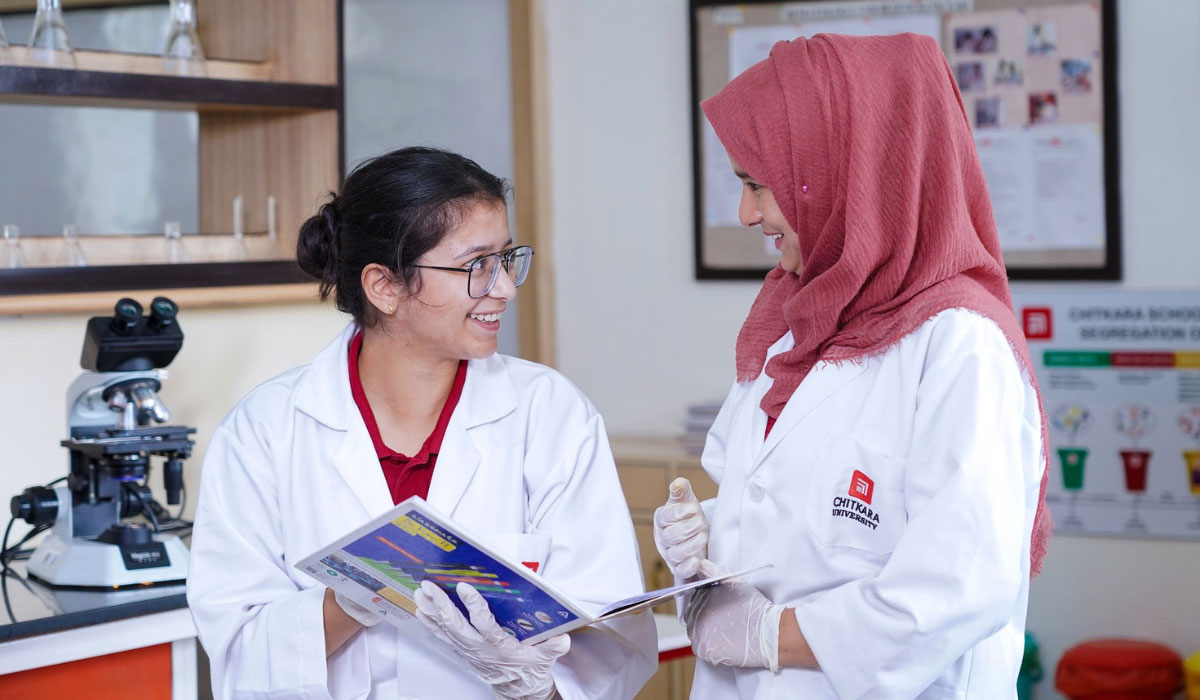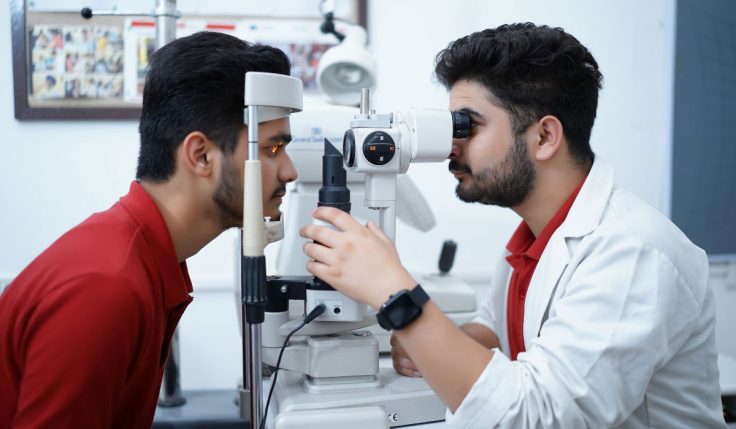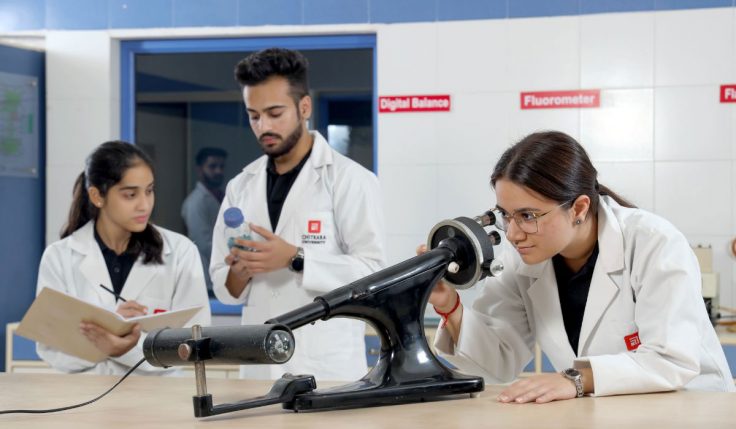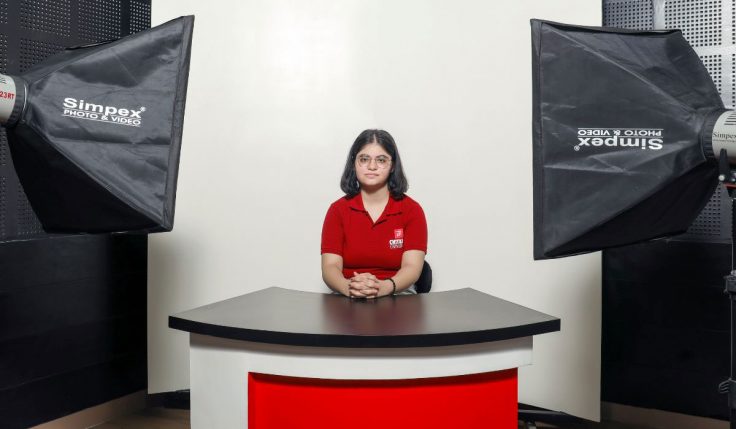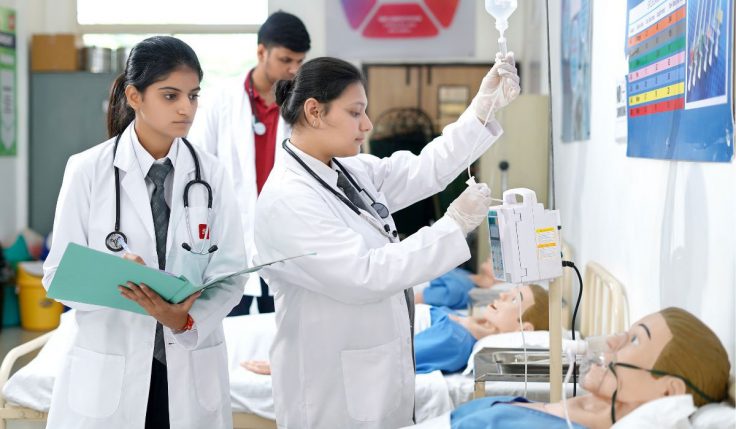The BSc Allied Health Sciences is the name of the three-year college degree in Allied Health Sciences. The inclusion of medical services to a distinct stream of wellness specialists is established by Allied Health Research, a recently developed trend in human services. (Zolpidem) Along with clinicians and assistants, partnered well-being experts are a crucial component of the holistic community because they apply their knowledge to the prevention, treatment, and rehabilitation of patients. An in-depth discussion of BSc Allied Health Science will be covered in this article. Read on to learn more!
More about the course
For those interested in pursuing a job in one of the specializations under Allied Health Sciences, a three-year undergraduate program called the Bachelor of Science in Allied Health Science is available. This area of study is quite distinct and specialized for those in the medical field who play a crucial role in the teams of nurses and doctors. As allied health workers ensure patients’ curative and preventive care, you will learn about their significant role in the medical industry while studying BSc Allied Health Science.
Why should you take up this course?
- The Bachelor of Science in Allied Health Sciences program is an excellent method to develop a thorough knowledge of the health sciences and the theoretical foundation necessary for postgraduate work or careers in various health fields.
- For jobs in management, education, or supervision, graduates are equipped.
- Additionally, after effectively completing this program, students can enroll in graduate programs in the healthcare sector.
- It gives graduates new knowledge, skills, and values that they can use to progress in the allied health field, meets societal standards for healthcare delivery, and work with a variety of patients, families, and communities.
Eligibility Criteria
- You should have passed the secondary examination from a recognized school or university.
- You should have studied physics, biology, and chemistry as your core subjects in senior secondary with a minimum of 50% of the percentage.
- A vocational course in MLS/MLT with 50% marks will also do.
Courses that come under Allied Health Sciences
- B.Sc Medical Laboratory Science
- B.Sc Medical Radiology and Imaging
- B.Sc Dialysis Therapy Technology
- B.Sc Operation Theatre Technology
- B.Sc Nutrition & Dietetics
- Bachelor of Physiotherapy
Professions you can enter being an expert.
The Bureau of Labor Statistics (BLS) projects that say by 2030, employment in all healthcare professions will have increased by 16%, which is much faster than the average for all occupations. A growing older population is expected to create about 2.6 million new employment in the healthcare sector.
You can choose from a variety of exciting clinical jobs as well as work settings if you have a degree in the health sciences. You can choose the best career path by doing some study on Allied health sciences and the jobs that are associated with them.
Also read, The Growth Of Allied Healthcare As A Profession Post COVID
X-ray Technician
A patient’s bones and internal organs are photographed using specialized technology by an X-ray technician. These individuals, also referred to as radiographers, use these pictures to assist doctors in making diagnoses. These technicians might also learn how to conduct sonograms, MRIs, CT scans, and x-rays. Preparing and maintaining imaging equipment, preparing and positioning patients for radiographs, analyzing and debating imaging findings, and formulating treatment recommendations are just a few of their responsibilities. These professionals guarantee patients’ safety by assuring adherence to radiological protocols due to the equipment they use.
Medical Technologist
A medical technologist examines patient materials in a lab setting to conduct tests and analyses. These specialists, also known as clinical or medical laboratory scientists, frequently work in hospitals, outpatient care facilities, clinics, or research laboratories. To assist in the diagnosis of patients’ conditions and the creation of treatment plans, they might function as part of a squad of medical experts. They must prepare samples for analysis and testing, follow safety and sterilization procedures, look for diseases and health issues, ensure that samples are correctly interpreted, and communicate findings to medical professionals, among other things.
Physical Therapist Assistant
To care for people recovering from illnesses, disabilities, or accidents, a physical therapy assistant works under the direction of a physical therapist. These specialists frequently operate in clinics, hospitals, and centers for rehabilitation. They might eventually seek more education and training to turn into a physical therapist. Physical therapist assistants collaborate with their supervising physical therapist to create treatment plans while assisting patients with exercises that increase their mobility, strength, and range of motion. They are responsible for instructing the patient on how to use equipment properly, stretching and massaging them, and keeping track of their success.
Prosthetist
A prosthetist is a member of the medical field who creates prosthetic appendages and other medical supports, such as braces. These specialists, also known as orthotics, frequently assist patients with the help of vocational and physical therapists. To operate, they frequently need a master’s degree and certification. To conduct fittings and create devices specifically tailored to the patient’s needs, prosthetists meet with patients. They are also responsible for making repairs, teaching patients how to use their devices, choosing the right device materials, and taking measurements.
Dietitian
A dietitian is a medical practitioner who uses their knowledge of food and nutrition to assist patients in managing health issues. They frequently need a license to practice and may identify and treat conditions like allergies or nutritional deficiencies. Dietitians evaluate the goals and health requirements of their patients to create individualized diet plans. They are responsible for monitoring patients’ development, instructing them on appropriate eating and nutrition practices, and modifying treatment plans.
Conclusion
Above, we learned about the relevant information regarding various career opportunities one has after completing an undergraduate course in Allied health sciences along with the career opportunities. We hope that we are successful in serving you with the required information. If not, try checking the courses available in Allied Health Science at Chitkara University, we provide all the above-mentioned courses with the facility of advanced teaching methods and upgraded practical assistance. The university’s strong industry links can help you stay in demand and will unlock great opportunities for you and will also help you stay in demand.
